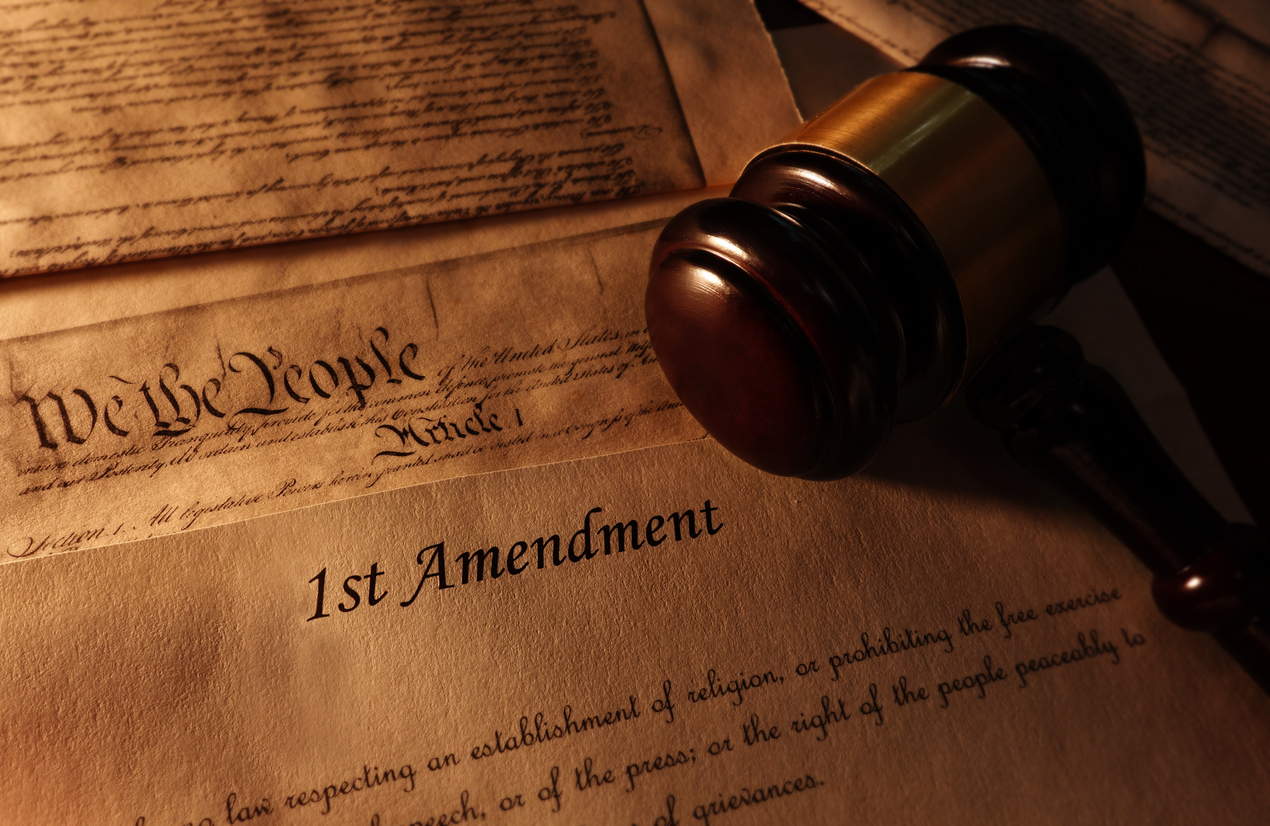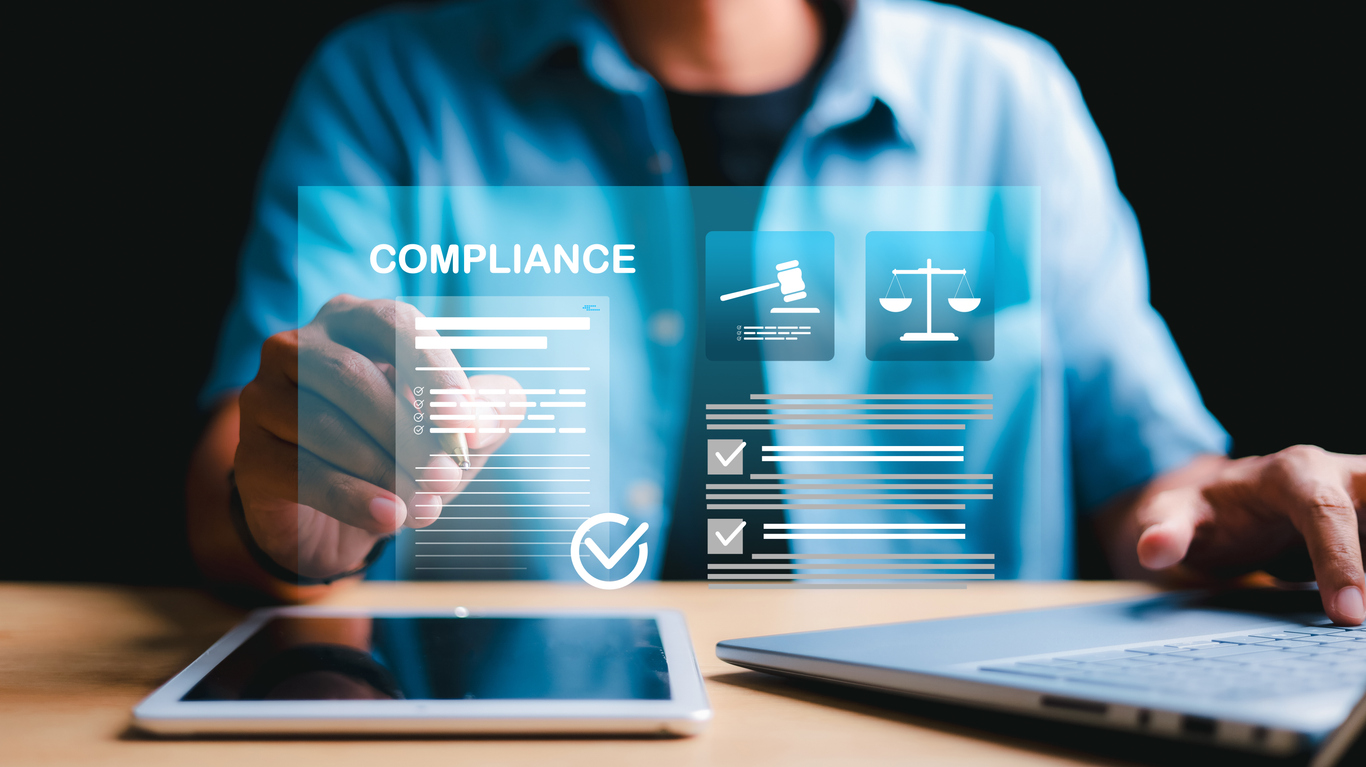Washington Bishops Push Back Against Discriminatory Legislation
By Michael Ippolito
On May 2, 2025, Washington Governor Robert Ferguson signed S. 5375 into law, which mandates that clergy are mandated reporters for child abuse incidents, even when the information the clergy members obtain comes through a privileged communication, such as a sacramental Confession. While the legislation may seem well intentioned, it targets the religious freedom of members of the clergy, which is a particular problem for priests who hear confessions.
The law forces members of clergy to report any instances of child abuse obtained through “privileged communication.” Specifically, the law targets “any member of the clergy,” while not requiring disclosure from any other privileged communications, such as those between nurses or therapists and their patients.
If enforced, the law will place Catholic clergy, in particular, in a perilous situation, where they will either face the penalty of an automatic excommunication by breaking the sacred seal of the confessional or face imprisonment, fines, and possible civil liability.
On May 29, 2025, the Archdiocese of Seattle, as well as the Dioceses of Spokane and Yakima, have filed a lawsuit against Washington State in federal court, claiming a “patent violation of both the Free Exercise and Establishment Clauses of the First Amendment to the United States Constitution, a violation of the Equal Protection Clause of the Fourteenth Amendment to the United States Constitution, and a violation of Article I, Section 11 of the Washington Constitution.”
Assistant US Attorney General Harmeet K. Dillion, head of the Justice Department’s Civil Rights Division, responded to the law. She expressed concern about its direct “conflict with the free exercise of a well-established religion.” The Civil Rights Division will be investigating the constitutionality of the new law.
“[T]he law appears to single out clergy as not entitled to assert applicable privileges, as compared to other reporting professionals,” Dhillon continued in a press release. “We take this matter very seriously and look forward to Washington State’s cooperation with our investigation.”
Most jurisdictions throughout the United States recognize the clergy-penitent privilege. The state of Washington’s rules for acquiring evidence state that “[a] member of the clergy . . . or a priest shall not, without the consent of a person making the confession or sacred confidence, be examined as to any confession or sacred confidence made to him or her in his or her professional character, in the course of discipline enjoined by the church to which he or she belongs.” The privilege extends far beyond Catholic clergy and protects most confessions between any member of the clergy and a penitent.
Note that the long-recognized privilege, as articulated in the Washington law stated above, can be waived only by the person making the confession. However, Catholic priests are always bound by the sacramental seal, even if the penitent wishes to waive privilege. The penitent himself is free to discuss the content of his confession to others, but he cannot force a Catholic priest to break the sacred seal.
Many states already include clergy as mandatory reporters in instances of child abuse or neglect but provide exceptions for “confidential communications.” For instance, Wisconsin mandates that members of the clergy report any reasonably suspected abuse, except for information received “solely through confidential communications made to him or her privately or in a confessional setting if he or she . . . has a duty or is expected to keep those communications secret.” If the Washington legislature wanted to include Catholic clergy as mandated reporters, an exception similar to the law in Wisconsin would not have placed an undue burden on the religious liberty of priests.
The Washington legislation places an unnecessary burden on Catholic priests in particular and members of the clergy in general. The ensuing litigation will serve as a litmus test of religious liberty issues in America by determining whether excluding members of the clergy from privileged communications exemptions violates the First Amendment.
.png)




